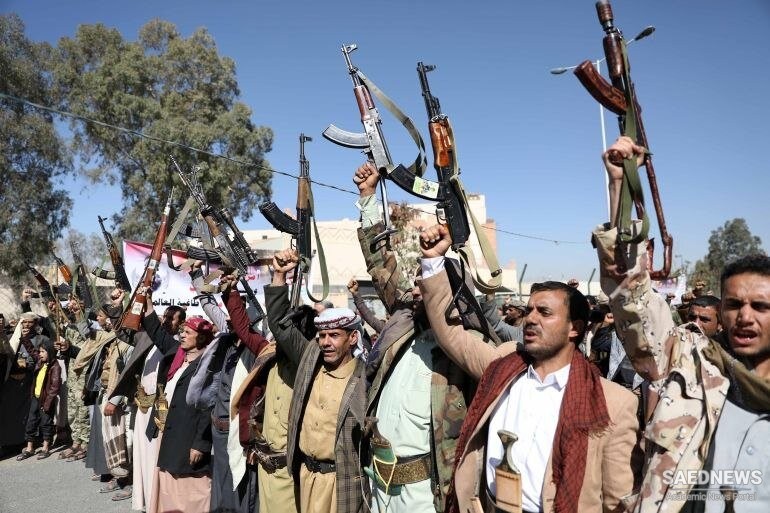The intervention of Ansar Allah in Yemen in the recent war is subject to several considerations and analyses. One dimension of this intervention is economic. In fact, Ansar Allah has opened the third economic front against Israel. The first front is related to Gaza. Tel Aviv has called up 360,000 reserve forces in attacking Gaza, and tens of thousands have also left southern Israel. On the second front, Hezbollah's movements in northern Israel have also paralyzed the economy of this region.
The economic costs on these two fronts have been high for the regime. Official sources in Israel have admitted that the regime's economy has shrunk by 15 percent in the last three months of the year. The tourism industry has almost stopped, and retail has also declined significantly. The unemployment rate has reached about 10 percent, while in the month before October, this rate was less than 4 percent.
Ansar Allah started their economic war against the regime in the foreign trade field by opening the third front. They began their work less than a month ago by seizing the Galaxy Leader. They recently announced that only Israeli ships will not be targeted, insisting all commercial ships that travel from Israeli ports to another country or vice versa will be seized or attacked.
In recent days, they have attacked several container ships in the Red Sea. The attacks have led to the closure of Eilat port, and commercial ships are forced to circumnavigate the whole of Africa to reach Israeli ports without any hassle, resulting in increased travel time and therefore higher transportation costs. These attacks have also increased insurance costs for ships heading to Israel and overall burdened the already under-pressure Israeli economy.
The Red Sea corridor is vital for Israel's economy, and the continuation of the current situation will become increasingly difficult and expensive for them. They have several solutions in mind to solve this problem.
"National Security Council" has issued urgent instructions to Israel’s ports to remove information related to the arrival and departure of ships from their websites.
Another solution proposed by some Zionist experts is to transport goods to Port Said in Egypt and unload them there, then transfer them to smaller ships and transport them to Israeli ports. However, this solution is not practically feasible. In fact, they know that they have no practical and military options against Ansar Allah.
However, the most important hope for Israel is to try to turn their problem into everyone's problem. They are doing their best to pretend that Yemen's actions endanger international trade security in the Red Sea and thus force others to solve their problem.
Although the Americans are involved in this project with Israel, as the revolutionary authorities of Yemen have stated, no one can prevent them from supporting the oppressed people of Palestine. They have clearly announced the solution: stopping the massacre in Gaza and delivering food, medicine, and vital goods to the besieged people.
Ansar Allah's confrontation with Israel is not limited to economic warfare, and despite the great distance from the occupied territories, they have conducted missile and drone attacks on Israel. The courageous actions of the Yemenis have embarrassed some Islamic countries that have many pressure tools to stop Israel's killing machine but do not use them.
All of this is happening while the Yemenis themselves have been facing war and severe siege for more than 8 years, but despite all these pressures, they are stronger than ever in regional equations. Without a doubt, making the Red Sea insecure for the economy of the Israeli regime is not the Yemenis' last card in this game. Bigger surprises may be on the way that the Yemenis will reveal in due time.


 Yemen the Nemesis of the Zionist Pro-Genecide Anglo-American Terrorism
Yemen the Nemesis of the Zionist Pro-Genecide Anglo-American Terrorism













































